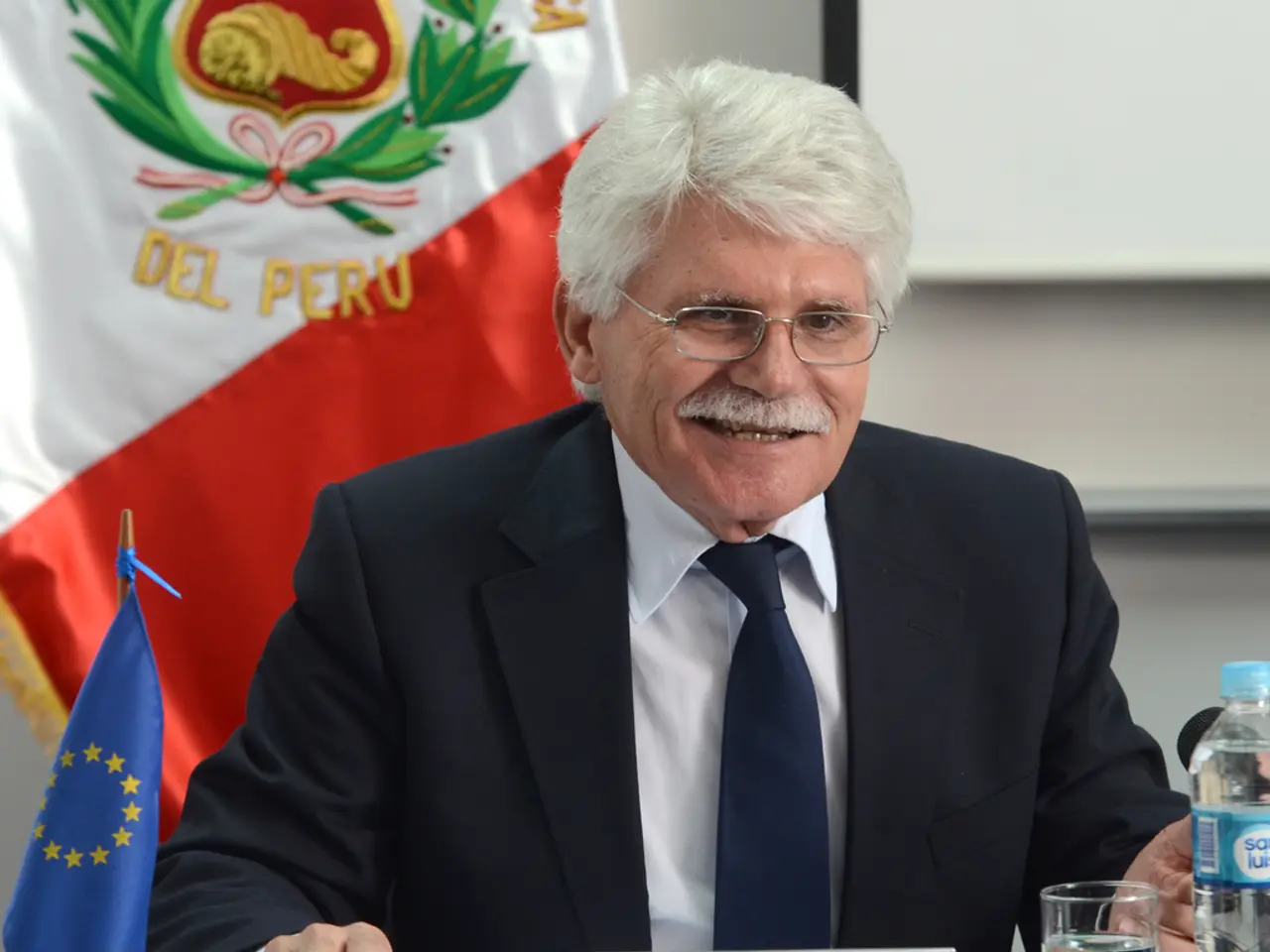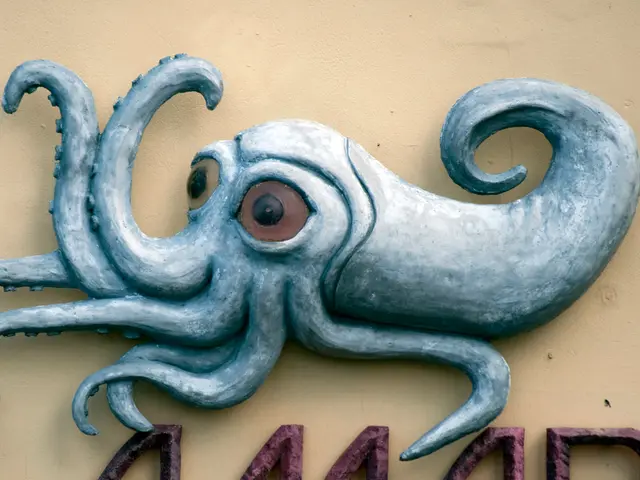Peru issues pardon for security forces implicated in abuse during conflict with insurgent groups
In August 2025, Peruvian President Dina Boluarte signed a controversial amnesty law that grants immunity to members of the Armed Forces, police, and self-defense committees accused of human rights abuses during Peru’s internal armed conflict from 1980 to 2000.
The new law protects these security forces from investigation, prosecution, and imprisonment related to alleged crimes during that period, effectively providing impunity for serious violations such as extrajudicial killings, disappearances, and other abuses.
The amnesty has been widely condemned by human rights organizations and international bodies. Human Rights Watch called it “a betrayal of Peruvian victims” and an attack on efforts to hold perpetrators accountable, warning it weakens Peru’s rule of law. The United Nations chief human rights official Volker Türk stated the law is “an affront to thousands of victims who deserve truth, justice, reparations, and guarantees of non-recurrence”.
Critics argue that the law contravenes Peru’s obligations under international human rights law to investigate and punish serious crimes committed during armed conflicts. The Inter-American Court of Human Rights had ordered Peru to halt the implementation of this amnesty until its compatibility with international law could be assessed, but the Peruvian government chose to proceed regardless.
Justice Minister Enrique Alcántara defended the new law, stating it seeks justice and is based on the principles of the Peruvian Constitution and the Inter-American Convention on Human Rights. President Boluarte, meanwhile, described the amnesty as a message of peace, not division.
The amnesty will apply to those over the age of 70 who are already in prison, unless they have been convicted on terrorism or public corruption charges. At present, more than 1,000 people are being prosecuted or investigated for their participation in the fight against terrorism. The amnesty will cover members of the security forces who stand accused of abuses during that period, but not apply to those who have already been convicted or are accused of terrorism or public corruption charges.
Some legislators opposed the law's passage in Congress, while others, like President Boluarte, believe the amnesty will benefit those who defended Peru from terrorist groups. However, human rights groups argue that the law undermines efforts to bring accountability for atrocities committed during that time. Juanita Goebertus, Americas director at Human Rights Watch, stated that the law undermines decades of efforts to ensure accountability for atrocities and weakens the country’s rule of law further.
The amnesty law comes amidst a period of heightened political tension in Peru, with the country still recovering from the conflict that claimed an estimated 69,000 lives between 1980 and 2000. Between these years, Peru’s security forces were engaged in fighting with rebel groups including the Shining Path and the Tupac Amaru Revolutionary Movement.
The amnesty has sparked a heated debate in Peru, with many questioning whether justice has truly been served for the victims of human rights abuses during this period. The issue remains a contentious one, with both supporters and critics of the law voicing their opinions passionately.
Read also:
- Massive 8.8 earthquake hits off the coast of Russia's Kamchatka Peninsula, prompting Japan to issue a tsunami alert.
- Court petitions to reverse established decision on same-sex marriage legalization
- Independence supporters in New Caledonia refuse agreement offering authority without a vote on sovereignty
- Proposed Standardization of Food Labeling Laws Among Member States by the Commission






